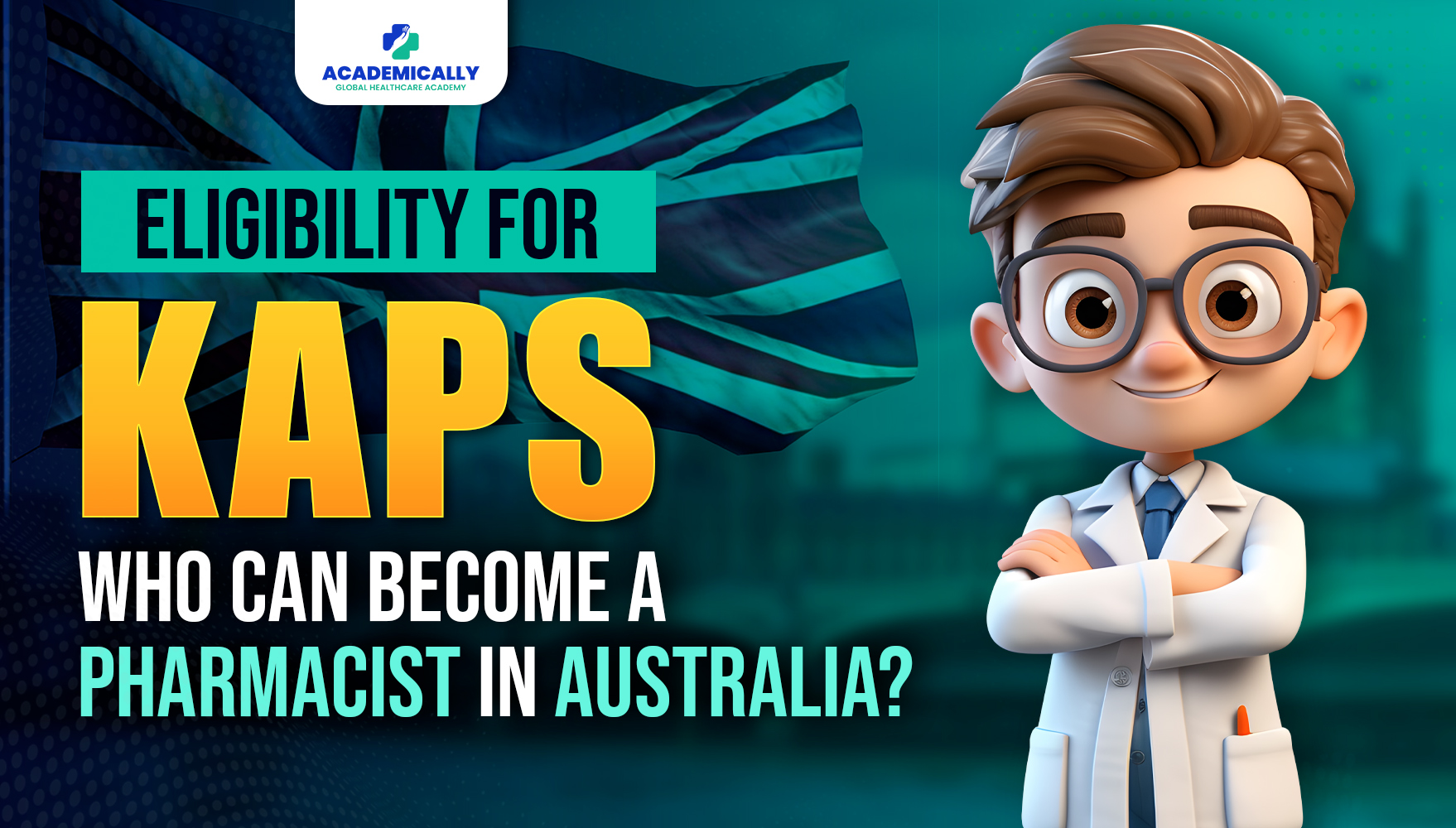Key Changes in the KAPS to OPRA Transition
Here are the most important changes that aspirants will witness with the transition to OPRA-
- Shorter Exam Duration: The OPRA exam will be a single paper consisting of 120 multiple-choice questions (MCQs) to be completed in 2.5 hours, providing a more concise assessment compared to KAPS.
- Revised Content Areas: The exam content has been updated, with an increased focus on therapeutics and the application of knowledge, ensuring that candidates are better prepared for practical, real-world scenarios.
- Updated Scoring Methodology: The scoring methodology has been improved with the adoption of the Rasch methodology, enhancing the accuracy and fairness of the exam results.
- Reduced Cost: The cost of the OPRA exam has been reduced to AUD 2190, making it more accessible to aspiring overseas pharmacists.
Important Note: If you have already registered for KAPS or completed the Skills Assessment, you will have to take the KAPS exam. However, new registrations will be automatically redirected to take the OPRA exam.
What Remains Unchanged?
Not everything will be altered, and here are the components/features of the KAPS exam which will remain unchanged-
- Exam Difficulty: There will be no changes to the difficulty level of the exam, maintaining the rigorous standards expected of overseas pharmacists.
- Eligibility and Registration Process: The eligibility criteria and registration process will remain the same, ensuring a seamless transition for candidates.
- Delivery Method: The exam will continue to be delivered exclusively in test centres, providing a controlled and standardised testing environment.
- Attempts and Validity Period: There are no changes to the number of attempts allowed or the validity period of the exam results.
Registration Information
Registration for the OPRA exam will open on January 9, 2025. Aspiring pharmacists are encouraged to prepare for the new format and content areas to ensure success in their certification journey. Students who have already registered for the KAPS exam will continue taking the attempt and re-attempt till March 2025.
Impact on KAPS Aspirants
This paradigm shift aims to make assessment for pharmacists more streamlined and comprehensive while ensuring more focus on practical and clinical skills. This will help them prepare well for the Intern Oral Exam and the steps that follow the primary examination.
While the eligibility and difficulty level of the exam remain more or less the same, there are differences in the structure, pattern and syllabus, which aspirants need to understand well before taking the examination.
To know more about the update, contact our experts today!






